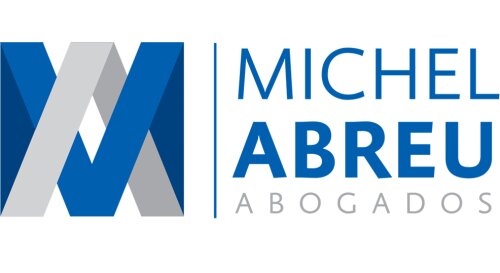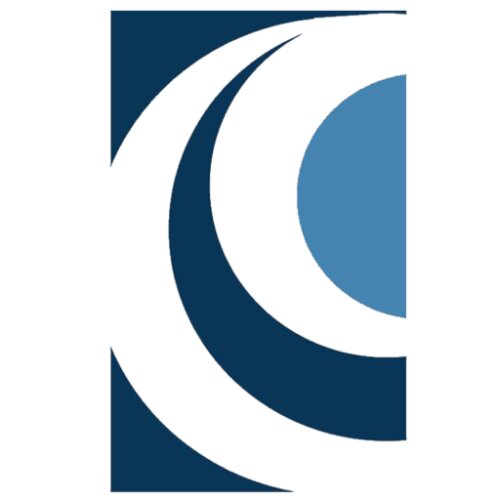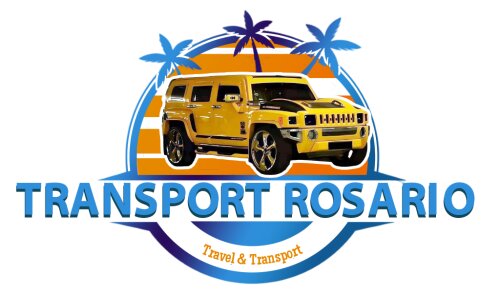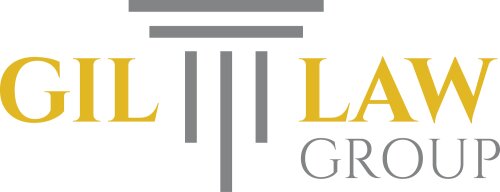Best Antitrust Litigation Lawyers in Punta Cana
Share your needs with us, get contacted by law firms.
Free. Takes 2 min.
List of the best lawyers in Punta Cana, Dominican Republic
About Antitrust Litigation Law in Punta Cana, Dominican Republic
Antitrust litigation in Punta Cana, Dominican Republic involves the enforcement of laws designed to promote fair competition and prevent practices that unfairly restrict trade or create monopolies. The Dominican Republic has adopted comprehensive antitrust regulations aimed at ensuring businesses operate on a level playing field and that consumers benefit from a competitive market. Punta Cana, due to its vibrant tourism industry and rapid commercial growth, is a focal point for business activities that may be subject to antitrust scrutiny. Legal disputes in this field usually involve allegations of price-fixing, collusion, abuse of dominant position, or anti-competitive mergers and acquisitions.
Why You May Need a Lawyer
Antitrust litigation is a complex area of law that often involves high stakes for both businesses and consumers. You may require an antitrust lawyer in Punta Cana if you are:
- Facing investigations by governmental agencies for alleged anti-competitive conduct
- Accused of entering into unlawful agreements with competitors
- A business impacted by unfair competition or monopolistic practices of others
- Contemplating a merger or acquisition that may raise competition concerns
- Seeking to defend your rights as a consumer against price manipulation or collusive practices
- Responding to legal actions from regulatory bodies such as ProCompetencia
An experienced antitrust lawyer can help you understand your legal position, develop defense strategies, manage compliance with local law, and represent you in court or administrative proceedings.
Local Laws Overview
Antitrust regulation in Punta Cana is governed by Law No. 42-08 on the Defense of Competition, also known as the Competition Law. The Dominican Republic’s antitrust framework prohibits anti-competitive conducts, including cartels, abuse of dominant market position, and certain vertical agreements that restrict competition.
The National Commission for the Defense of Competition (ProCompetencia) is the main regulatory authority tasked with investigating and sanctioning anti-competitive practices. Key provisions of the law include:
- Prohibition of agreements between competitors that restrict competition, such as price-fixing or market division
- Bans on abusive conduct by companies holding a dominant market position, like unfair pricing or refusal to deal
- Merger control regulations for transactions that may substantially lessen competition
- Sanctions and fines for violating competition laws, including possible disqualification from public contracting
- Procedures for filing complaints and conducting investigations
Frequently Asked Questions
What is considered anti-competitive conduct under Dominican law?
Anti-competitive conduct includes agreements or coordinated practices between companies that restrict competition, abuse of dominant position, predatory pricing, and mergers that may reduce market competition.
Who enforces antitrust laws in Punta Cana?
The National Commission for the Defense of Competition (ProCompetencia) is the authority responsible for enforcing antitrust laws throughout the Dominican Republic, including Punta Cana.
Can consumers file complaints about anti-competitive practices?
Yes, consumers, businesses, and other interested parties can file complaints with ProCompetencia if they suspect anti-competitive behavior.
What are the penalties for violating antitrust laws?
Penalties can include substantial fines, orders to cease the anti-competitive practice, and disqualification from participating in government contracts for a period of time.
Does antitrust law apply to foreign companies operating in Punta Cana?
Yes, any entity doing business in the Dominican Republic, including foreign companies, is subject to local antitrust laws if their activities affect the local market.
Are all agreements between competitors illegal?
Not all agreements are illegal. Only those that aim to or result in restricting competition, such as price-fixing or market-sharing, are prohibited.
How are mergers reviewed under local antitrust law?
Certain mergers and acquisitions require prior notification to ProCompetencia. The authority assesses whether the transaction may significantly restrict competition in the Dominican market.
What is considered a dominant position?
A dominant position means holding significant market power that allows a company to operate independently of competitors or consumers. Abuse of this position is prohibited by law.
How long does an antitrust investigation take?
The duration varies depending on the complexity of the case. Investigations can take several months to more than a year, depending on evidence and cooperation from the parties involved.
Should I seek legal advice before entering a business agreement?
Yes, consulting with an antitrust lawyer before finalizing significant business agreements is recommended to ensure compliance with competition laws and minimize legal risks.
Additional Resources
If you need more information or wish to file a complaint, the following organizations can assist:
- National Commission for the Defense of Competition (ProCompetencia) - the main government body regulating antitrust matters
- Ministry of Industry and Commerce - oversees trade practices and business regulation
- Local Bar Associations - can refer you to specialized competition law attorneys
- Consumer protection groups - offer guidance for individuals suspecting anti-competitive practices
Next Steps
If you require legal assistance in antitrust litigation in Punta Cana, follow these steps:
- Document any relevant information or evidence about the suspected anti-competitive practice
- Contact an experienced antitrust lawyer or a law firm specializing in competition law
- Consider reaching out to ProCompetencia to understand your rights or to submit a formal complaint if appropriate
- Attend an initial consultation to discuss your situation and plan a legal strategy
- Stay informed about your obligations and rights throughout the process
Seeking qualified legal guidance early can help protect your interests and ensure you comply with all relevant regulations in Punta Cana, Dominican Republic.
Lawzana helps you find the best lawyers and law firms in Punta Cana through a curated and pre-screened list of qualified legal professionals. Our platform offers rankings and detailed profiles of attorneys and law firms, allowing you to compare based on practice areas, including Antitrust Litigation, experience, and client feedback.
Each profile includes a description of the firm's areas of practice, client reviews, team members and partners, year of establishment, spoken languages, office locations, contact information, social media presence, and any published articles or resources. Most firms on our platform speak English and are experienced in both local and international legal matters.
Get a quote from top-rated law firms in Punta Cana, Dominican Republic — quickly, securely, and without unnecessary hassle.
Disclaimer:
The information provided on this page is for general informational purposes only and does not constitute legal advice. While we strive to ensure the accuracy and relevance of the content, legal information may change over time, and interpretations of the law can vary. You should always consult with a qualified legal professional for advice specific to your situation.
We disclaim all liability for actions taken or not taken based on the content of this page. If you believe any information is incorrect or outdated, please contact us, and we will review and update it where appropriate.












